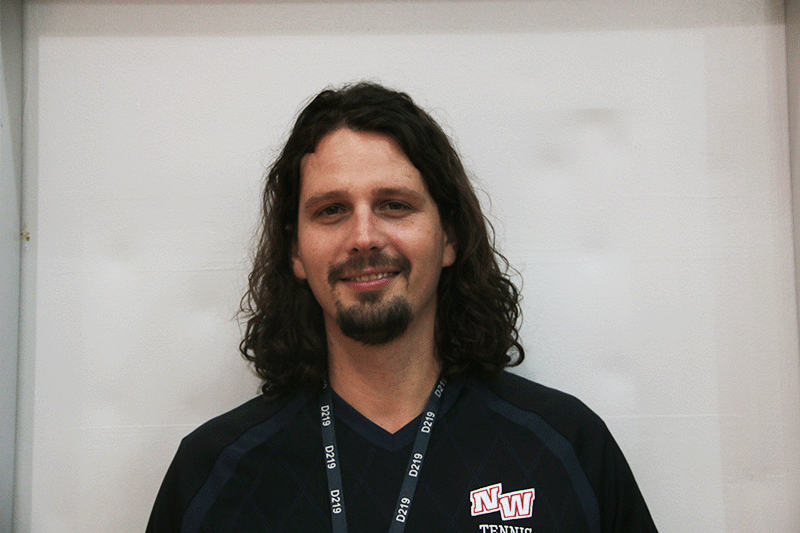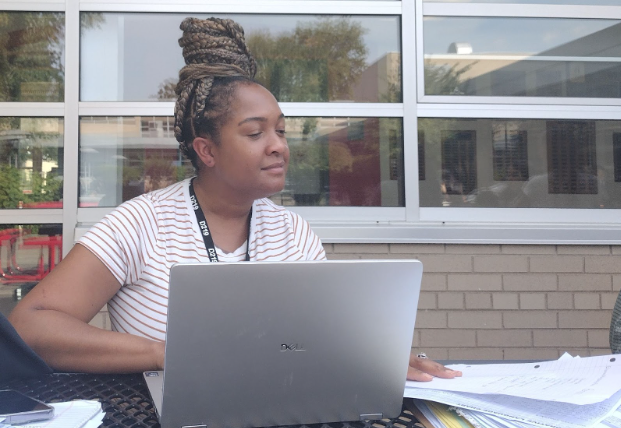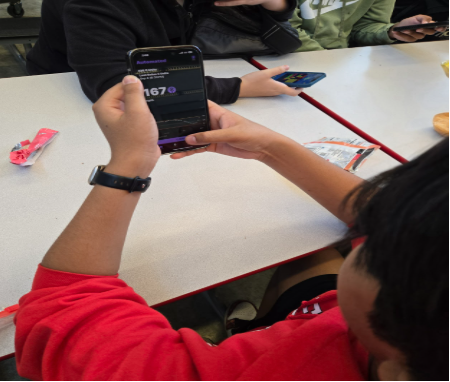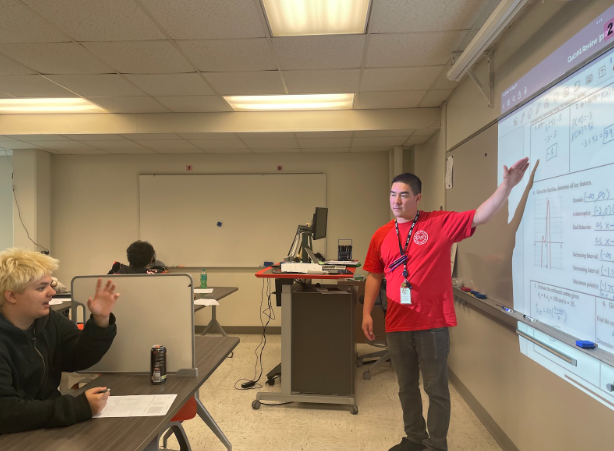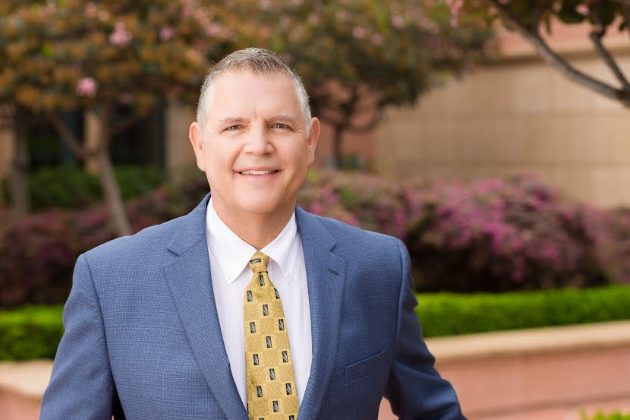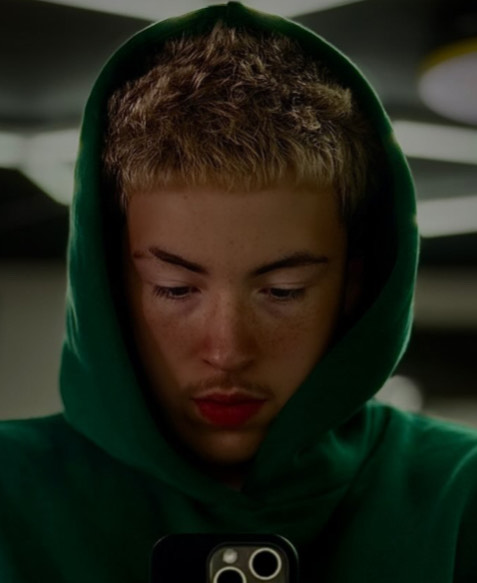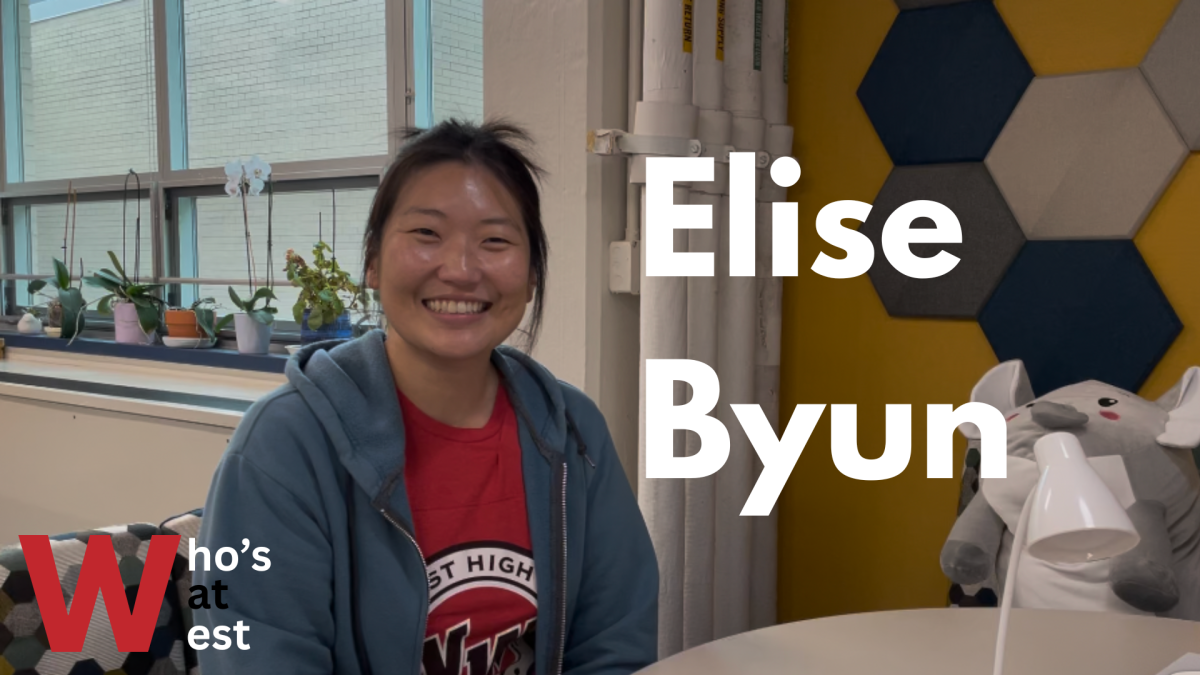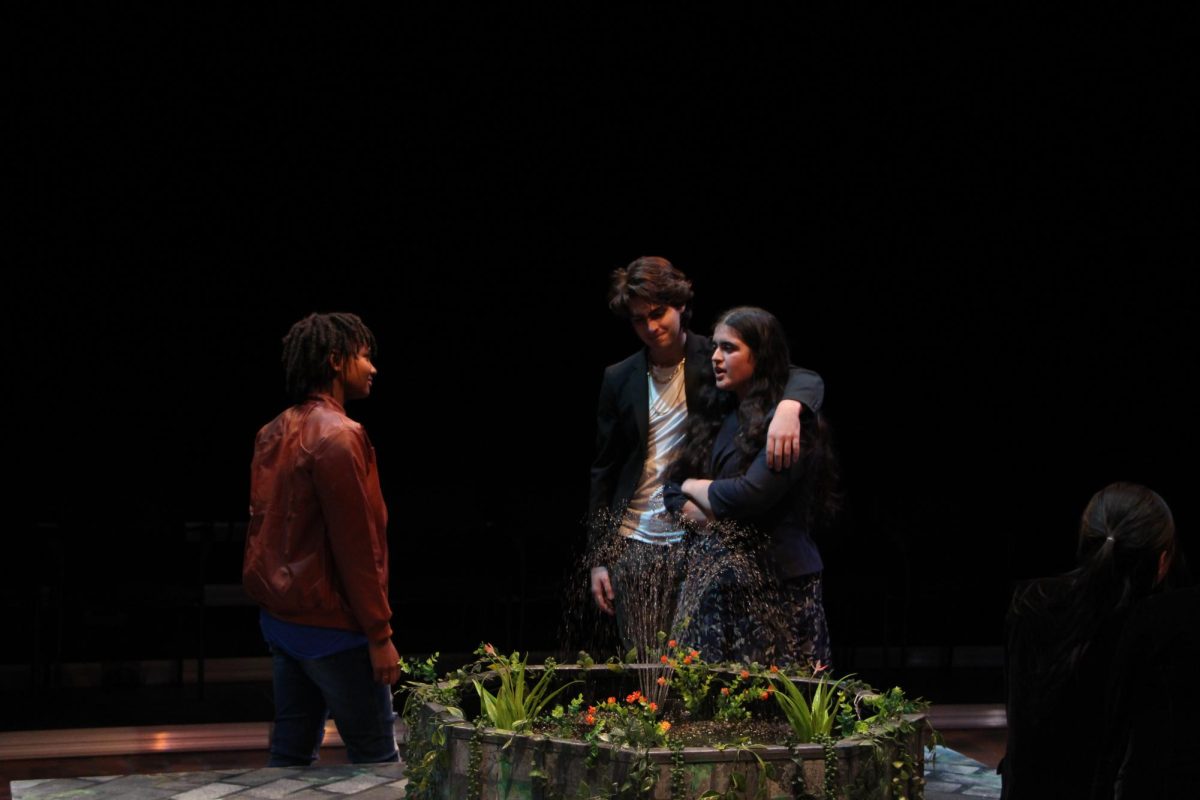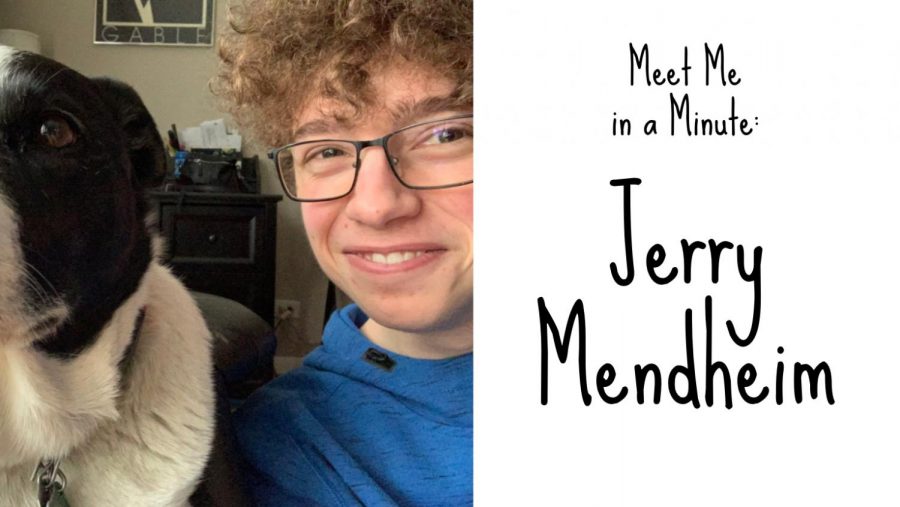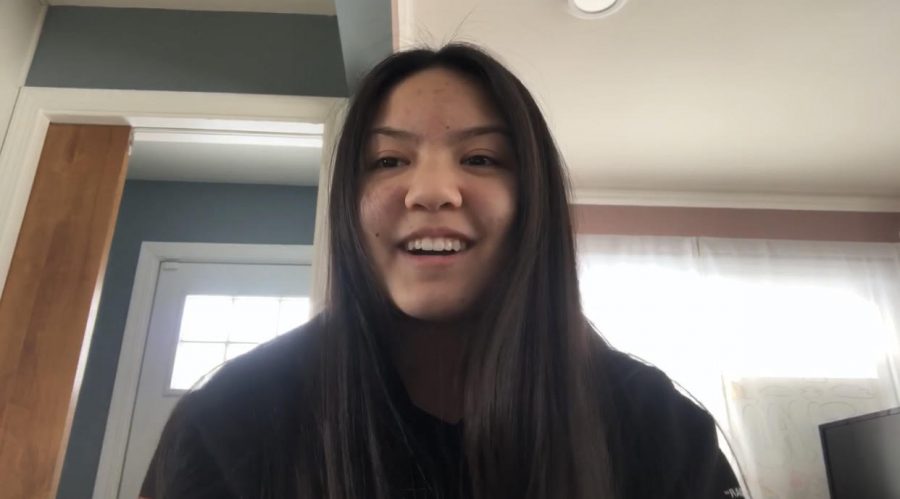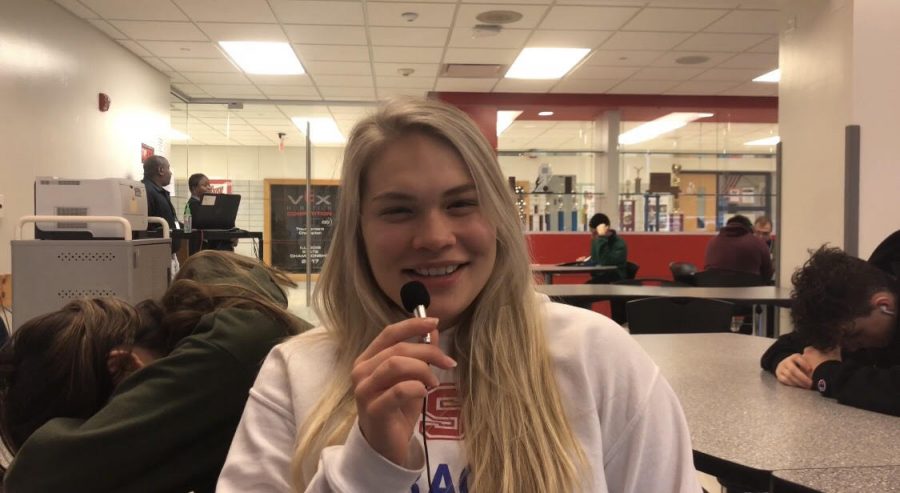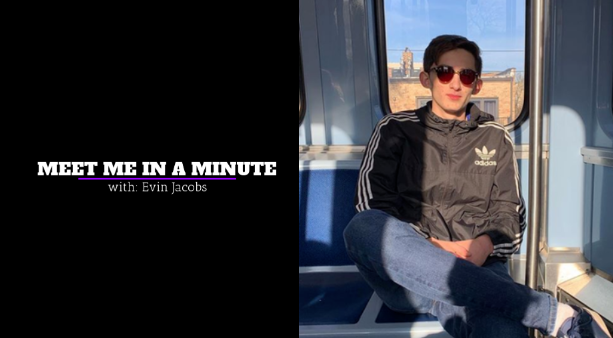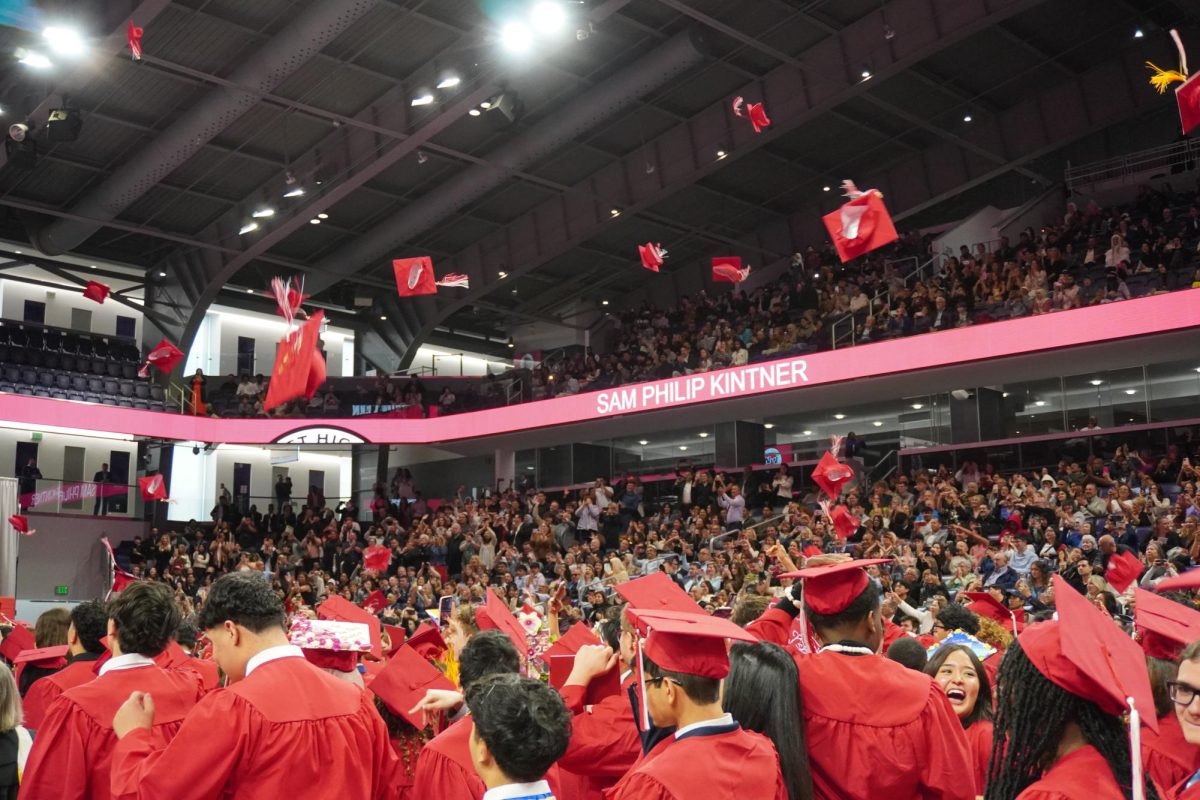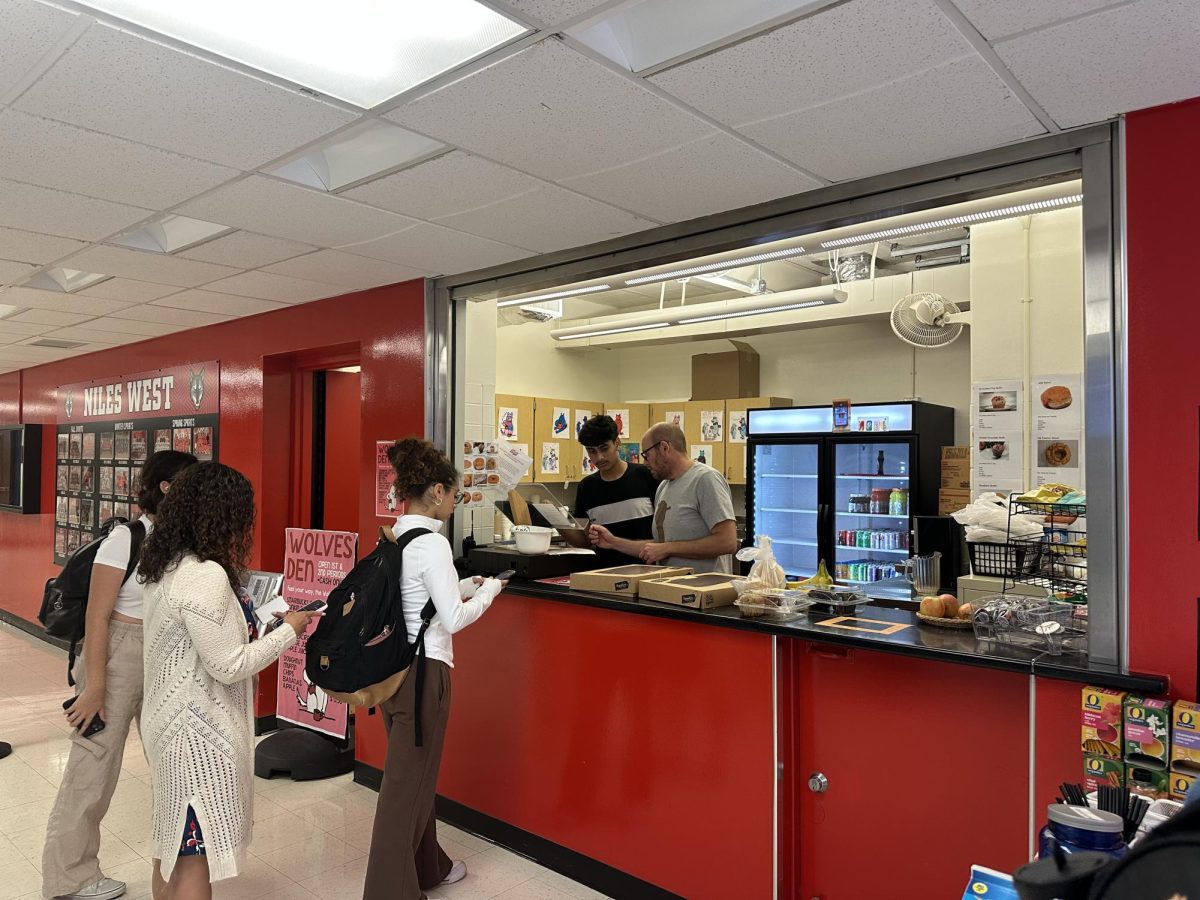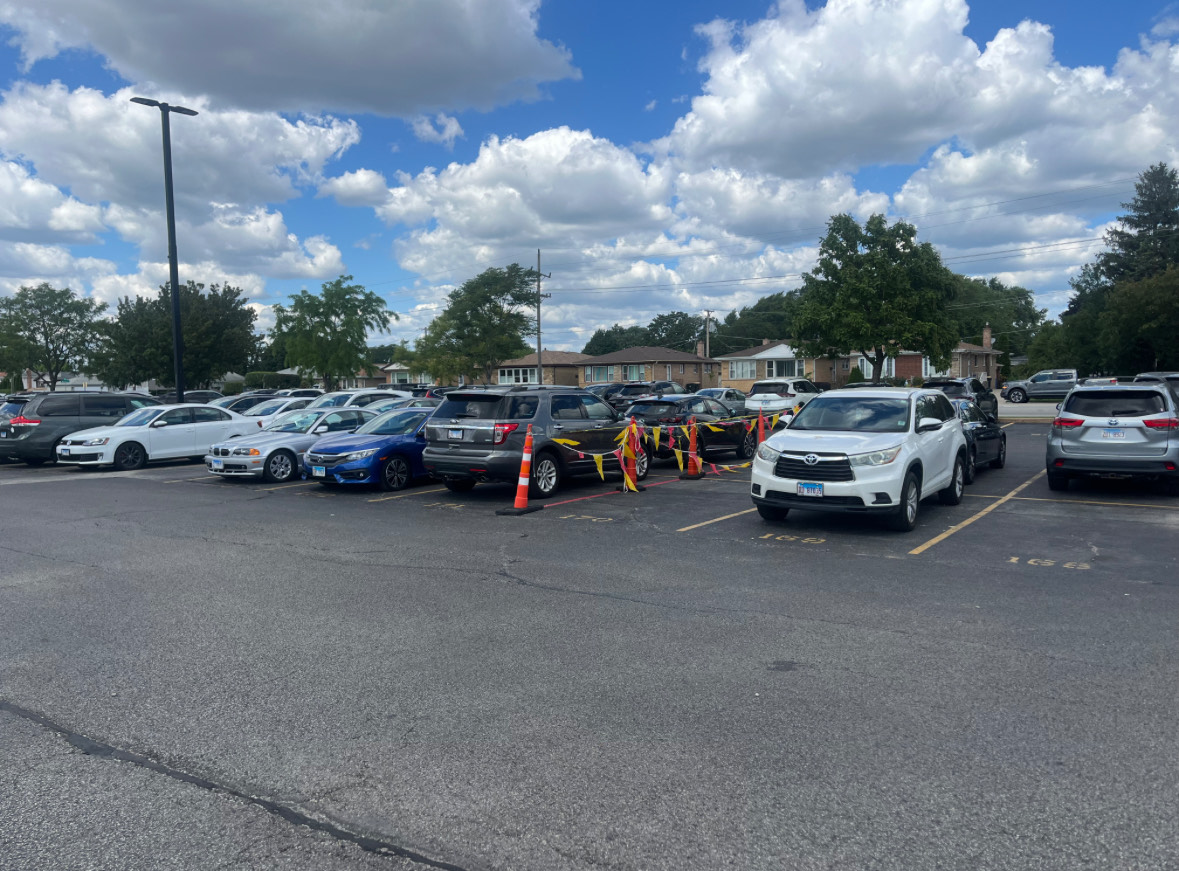Editor’s Note: This is the fifth in a series of 10 stories in celebration of International Week.
Although neither of his parents were born in Venezuela, Spanish teacher Andrew Suarez was born and raised in the country, leading him to adopt the culture from the beginning.
“My mom is English, and I’m Venezuelan, or I consider myself Venezuelan, but my dad was actually born in Colombia. He was raised in Venezuela. I’m really not Venezuelan by blood but growing up there, I consider myself Venezuelan,” he said.
After leaving the country in his teenage years, he went back to his home country, and made time to visit Colombia as well.
“I visited Colombia for a little bit, and I lived in Venezuela for about a year,” Suarez said.
Suarez is very appreciate of the size of the Hispanic culture, especially in Chicago.
“Thankfully in Chicago, it’s so diverse, and you have so many connections to a lot of other Latin people. The Hispanic community is pretty close, and it’s big,” he said. “It’s easy to be Hispanic, I think, in this community because there’s so many of us,” he said.
Growing up overseas lead to Venezuelan culture being ingrained in his everyday life, and to pass that culture down to his daughter.
“Culture is everything for me. I married a Latin woman, I speak Spanish at home, and that was the first language of my daughter. It’s the food I eat, it’s the music I listen to, it’s my job — I teach Spanish — so I’m totally immersed in the culture,” Suarez said.
There are two parts of Venezuelan culture he could never go without: the food and the people.
“I couldn’t live without the food and the people. I’m very close to a lot of people. They’re very warm and friendly — but the food as well,” he said. “My favorite is the most traditional, it’s called arepas. It’s kind of like the Venezuelan taco,” he said.
Though he’s lived in America for longer than he’s lived in Venezuela, he views himself as much more Venezuelan than anything else.
“I’m definitely Hispanic, so I’m going to see things through a different lens. I moved here when I was 16, so being here 20 plus years, I’ve definitely become Americanized and I’ve accepted a lot of American culture as a part of me, but I’m definitely more Venezuelan,” Suarez said.
The most important value he’s learned through his culture is that of working hard.
“Venezuelan culture has taught me the value of working hard, and nothing’s really given to you,” Suarez said. “You have to work hard for things and have fun while doing it.”
His students have seen this reflected in his lesson plans for his Spanish classes.
“We played a lot of games. It helped because Spanish is all oral and the games were good practice and helped me open up because I’m shy. Sometimes he brought food in and we had fiestas,” senior Michael Nguyen said.
Although the country’s political climate isn’t the best at present, he recommends that people visit once it levels off.
“Venezuela’s an awesome place to visit. It’s one of the most gorgeous countries in the world. Right now I wouldn’t recommend anybody go there because of the political situation — it’s one of the most insecure countries, unfortunately — but hopefully that will change,” he said.


